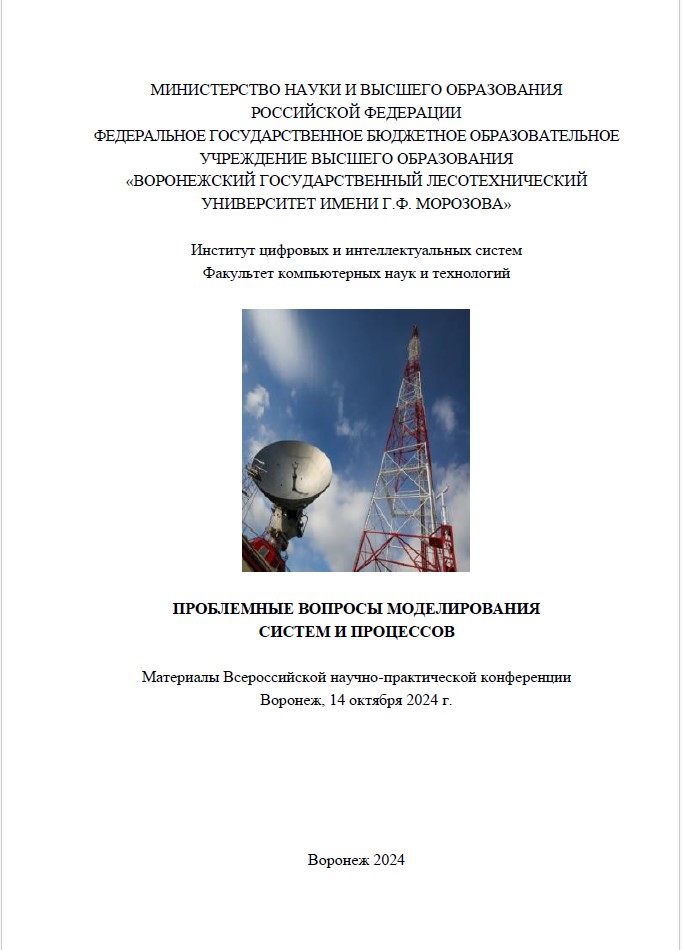Russian Federation
Russian Federation
Russian Federation
The article discusses approaches to anomaly detection in information security systems using fuzzy logic for time series analysis. Anomalies can signal system failures or security threats, and effective detection requires a flexible description of normal system behavior that accounts for permissible deviations. Fuzzy logic adapts models to changes in system behavior and helps identify complex anomalies that traditional methods may miss. The article also emphasizes the importance of threat prediction based on historical data, trend modeling, and dynamic system adaptation. Hybrid approaches are considered, including neuro-fuzzy systems and combinations with machine learning. Special attention is given to challenges related to model tuning, big data processing, and explaining decision-making processes.
fuzzy logic, time series, anomaly detection, information security, threat prediction
1. Babushkina I. A., Kotel'nikov,A. A. Nechetkaya logika i ee primenenie v sistemah obrabotki dannyh // Nauchnye trudy. Seriya "Informatika". – 2021. – T. 12. – S. 34-45.
2. D'yakov, A. V., Semenov, P. I. Metody analiza vremennyh ryadov dlya monitoringa informacionnoy bezopasnosti // Vestnik informacionnoy bezopasnosti. – 2022. – № 4. – S. 56-62.
3. Kuznecov, S. N. Prognozirovanie ugroz na osnove analiza vremennyh ryadov i nechetkoy logiki // Tehnologii bezopasnosti informacii. – 2023. – T. 8. – S. 78-90.
4. Petrova, E. A., Vasil'ev, R. M. Gibridnye metody analiza bol'shih dannyh dlya obespecheniya bezopasnosti // Zhurnal komp'yuternyh nauk i informacionnyh tehnologiy. – 2020. – № 6. – S. 12-22.





